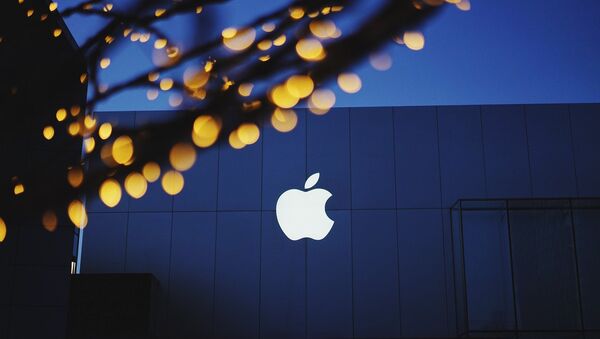The sources, including one current and three former FBI officials and one current and one former Apple employee, said that in order to prevent hacking of their devices, Apple had planned to offer users end-to-end encryption when storing their phone data on iCloud, informing the FBI back in 2017. Under that plan, Apple would no longer have a key to unlock the encrypted data – and thus would not be able to turn material over to authorities in a readable form even under court order.
However, the representatives of the FBI’s cybercrime agents and its operational technology division objected to the plan, saying that it would make it impossible to gather evidence against iPhone-using suspects.
“Legal killed it, for reasons you can imagine,” another former Apple employee said he was told, without any specific mention of why the plan was dropped or if the FBI was a factor in the decision.
The source told Reuters that the company didn’t want to come under public scrutiny for protecting criminals, being sued for moving previously accessible data out of reach of government agencies or being used as an excuse for new legislation against encryption.
“They decided they weren’t going to poke the bear anymore,” the person said, referring to Apple’s court battle with the FBI in 2016 over access to an iPhone used by one of the suspects in a mass shooting in San Bernardino, California.
At least two FBI officials said that the Bureau argued the end-to-end encryption would deny the backups access to vital evidence that has been used in thousands of cases. The FBI has previously relied on the company’s iCloud backups in criminal cases, which, unlike hacking software that exploits security flaws to extract the information, can be searched without direct access to the phone. According to Apple’s transparency report, in the first half of 2019, US authorities asked for and obtained full device backups or other iCloud content in 1,568 cases, covering about 6,000 accounts. Apple said it turned over at least some data for 90% of the requests it received. It also directs data in response to secret US intelligence court directives, providing content from more than 18,000 accounts in the first half of 2019, according to the report.
Earlier last week, US Attorney General William Barr publicly called on Apple to unlock two iPhones used by a Saudi Air Force officer who shot dead three Americans at a Pensacola, Florida, naval base last month. The call was supported by the US President Donald Trump, who accused Apple on Twitter of refusing to unlock phones used by “killers, drug dealers and other violent criminal elements.” Apple ended up turning over the shooter’s iCloud backups in the Pensacola case, rejecting the characterization that it “has not provided substantive assistance.”




